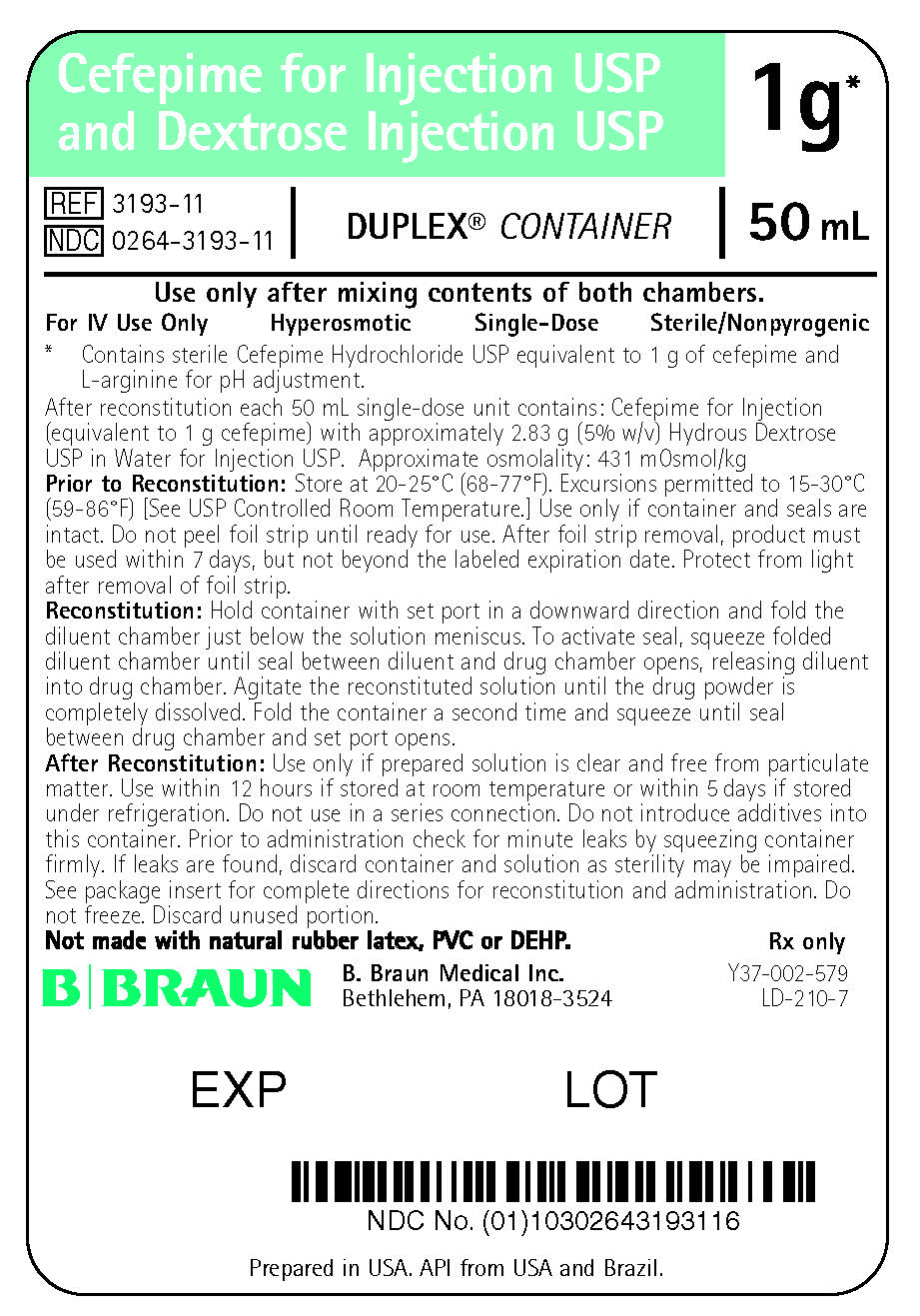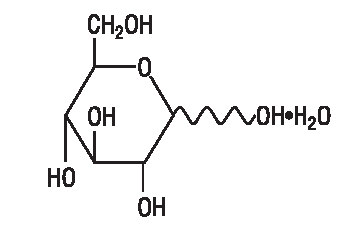Modern medicine has evolved so much so that sooner or later every breastfeeding mother needs to take it in one form or other. Medication that is present in mothers blood will transfer into her breast milk to some extent. Most drugs do so at low levels and pose no real risk to infants but then there are some exceptions. In This post will discuss whether Cefepime Hydrochloride And Dextrose | Cefepime Hydrochloride Injection is safe in breast-feeding or not.
What is Cefepime Hydrochloride And Dextrose | Cefepime Hydrochloride Injection used for?
To reduce the development of drug-resistant bacteria and maintain the effectiveness of Cefepime for Injection USP and Dextrose Injection USP and other antibacterial drugs, Cefepime for Injection USP and Dextrose Injection USP should be used only to treat or prevent infections that are proven or strongly suspected to be caused by susceptible bacteria. When culture and susceptibility information are available, they should be considered in selecting or modifying antibacterial therapy. In the absence of such data, local epidemiology and susceptibility patterns may contribute to the empiric selection of therapy. Cefepime for Injection USP and Dextrose Injection USP is a cephalosporin antibacterial indicated in the treatment of the following infections caused by susceptible strains of the designated microorganisms: Moderate to severe pneumonia (1.1); empiric therapy for febrile neutropenic patients (1.2); uncomplicated and complicated urinary tract infections (1.3); moderate to severe uncomplicated skin and skin structure infections (1.4); and complicated intra-abdominal infections (used in combination with metronidazole) (1.5). 1.1 Pneumonia Cefepime for Injection USP and Dextrose Injection USP is indicated for pneumonia (moderate to severe) caused by Streptococcus pneumoniae (including cases associated with concurrent bacteremia), Pseudomonas aeruginosa, Klebsiella pneumoniae, or Enterobacter species. 1.2 Empiric Therapy for Febrile Neutropenic Patients Cefepime for Injection USP and Dextrose Injection USP as monotherapy is indicated for empiric treatment of febrile neutropenic patients. In patients at high risk for severe infection (including patients with a history of recent bone marrow transplantation, with hypotension at presentation, with an underlying hematologic malignancy, or with severe or prolonged neutropenia), antimicrobial monotherapy may not be appropriate. Insufficient data exist to support the efficacy of cefepime monotherapy in such patients [see Clinical Studies (14.1) ]. 1.3 Uncomplicated and Complicated Urinary Tract Infections (including pyelonephritis) Cefepime for Injection USP and Dextrose Injection USP is indicated for uncomplicated and complicated urinary tract infections (including pyelonephritis) caused by Escherichia coli or Klebsiella pneumoniae when the infection is severe, or caused by Escherichia coli, Klebsiella pneumoniae, or Proteus mirabilis when the infection is mild to moderate, including cases associated with concurrent bacteremia with these microorganisms. 1.4 Uncomplicated Skin and Skin Structure Infections Cefepime for Injection USP and Dextrose Injection USP is indicated for moderate to severe uncomplicated skin and skin structure infections caused by Staphylococcus aureus (methicillin-susceptible strains only) or Streptococcus pyogenes. 1.5 Complicated Intra-abdominal Infections Cefepime for Injection USP and Dextrose Injection USP is indicated for complicated intra-abdominal infections (used in combination with metronidazole) caused by Escherichia coli, viridans group streptococci, Pseudomonas aeruginosa, Klebsiella pneumoniae, Enterobacter species, or Bacteroides fragilis [see Clinical Studies (14.2) ].
Is using Cefepime Hydrochloride And Dextrose | Cefepime Hydrochloride Injection safe or dangerous while breastfeeding?
As per our analysis Cefepime Hydrochloride And Dextrose | Cefepime Hydrochloride Injection contains only one ingredient and that is Cefepime. We have analyzed Cefepime and it seems to be safe to use Cefepime while breastfeeding, that means usage of Cefepime Hydrochloride And Dextrose | Cefepime Hydrochloride Injection shall be safe while breastfeeding. Below you can check more details of Cefepime usage in breastfeeding. We recommend you to go through provided detailed analysis as below take decision accordingly.
Statement of Manufacturer/Labeler about breastfeeding usage
8.3 Nursing Mothers Cefepime is excreted in human breast milk in very low concentrations (0.5 mcg/mL) [see Clinical Pharmacology (12.3) ]. Caution should be exercised when cefepime is administered to a nursing woman.
Cefepime Hydrochloride And Dextrose | Cefepime Hydrochloride Injection Breastfeeding Analsys
SafeCAS Number: 123171-59-5
Fourth-generation cephalosporin for injection or parenteral administration. Like most cephalosporins for which data are available, excretion occurs in breast milk in very small amount and it is clinically insignificant (Sanders 1993, Bristol-Myers Squibb 2009). Cephalosporins are widely used in the Pediatric practice with a good tolerance, even in the neonatal period, so it is very unlikely that in small amounts through milk would be a cause of problems in the infant. Be aware of the possibility of false negative results of cultures in febrile infants whose mothers are taking antibiotics as well as the possibility of gastroenteritis (Ito 1993) by altering the intestinal flora.
Cefepime Hydrochloride And Dextrose | Cefepime Hydrochloride Injection Breastfeeding Analsys - 2
CAS Number: 88040-23-7
Although no information is available on the use of cefepime during breastfeeding, the levels in breastmilk appear to be low and cephalosporins are generally not be expected to cause adverse effects in breastfed infants. Occasionally disruption of the infant's gastrointestinal flora, resulting in diarrhea or thrush have been reported with cephalosporins, but these effects have not been adequately evaluated. Cefepime is acceptable in nursing mothers.

I am nursing mother and I have already used Cefepime Hydrochloride And Dextrose | Cefepime Hydrochloride Injection, what should I do?
It is always a good idea to keep your healthcare provider or doctor informed about your drug usage during pregnancy and breastfeeding but if you have not informed your doctor about Cefepime Hydrochloride And Dextrose | Cefepime Hydrochloride Injection and have used it then do not panic as Cefepime Hydrochloride And Dextrose | Cefepime Hydrochloride Injection is mostly safe in breastfeeding and should not cause any harm to your baby.
My doctor has prescribed me Cefepime Hydrochloride And Dextrose | Cefepime Hydrochloride Injection, what should I do?
Definitely, Cefepime Hydrochloride And Dextrose | Cefepime Hydrochloride Injection is safe in lactation for baby. No wonder your doctor has recommended it.
If I am using Cefepime Hydrochloride And Dextrose | Cefepime Hydrochloride Injection, will my baby need extra monitoring?
No extra baby monitoring required while mother is using Cefepime Hydrochloride And Dextrose | Cefepime Hydrochloride Injection
Who can I talk to if I have questions about usage of Cefepime Hydrochloride And Dextrose | Cefepime Hydrochloride Injection in breastfeeding?
US
National Womens Health and Breastfeeding Helpline: 800-994-9662 (TDD 888-220-5446) 9 a.m. and 6 p.m. ET, Monday through Friday
UK
National Breastfeeding Helpline: 0300-100-0212 9.30am to 9.30pm, daily
Association of Breastfeeding Mothers: 0300-330-5453
La Leche League: 0345-120-2918
The Breastfeeding Network supporter line in Bengali and Sylheti: 0300-456-2421
National Childbirth Trust (NCT): 0300-330-0700
Australia
National Breastfeeding Helpline: 1800-686-268 24 hours a day, 7 days a week
Canada
Telehealth Ontario for breastfeeding: 1-866-797-0000 24 hours a day, 7 days a week



